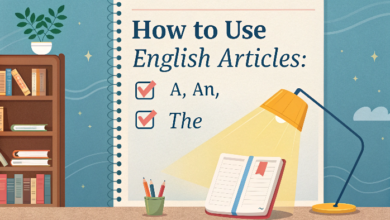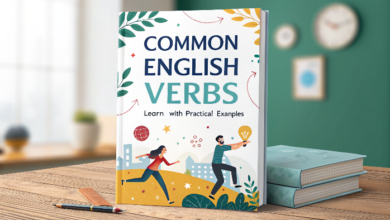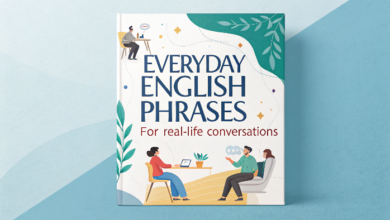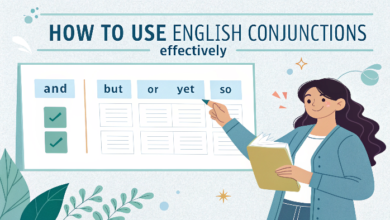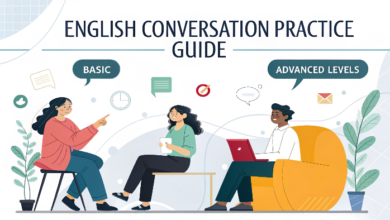How to Use Modal Verbs in English
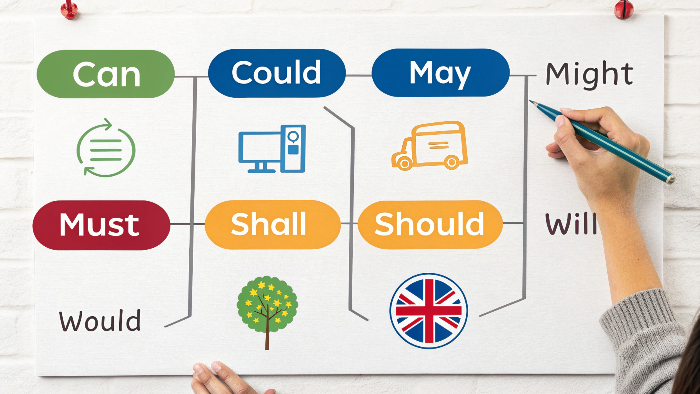
Common Mistakes When Using Modal Verbs
Many English learners make common mistakes with modal verbs. Here are some errors to watch out for:
Using the wrong modal verb:
Incorrect: I may to go to the party.
Correct: I may go to the party.
Using the wrong verb form after a modal verb:
Incorrect: She can to swim.
Correct: She can swim.
Confusing “must” and “have to”:
“Must” is stronger and more formal than “have to”.
Incorrect: I must to leave now.
Correct: I must leave now.
Practice Exercises
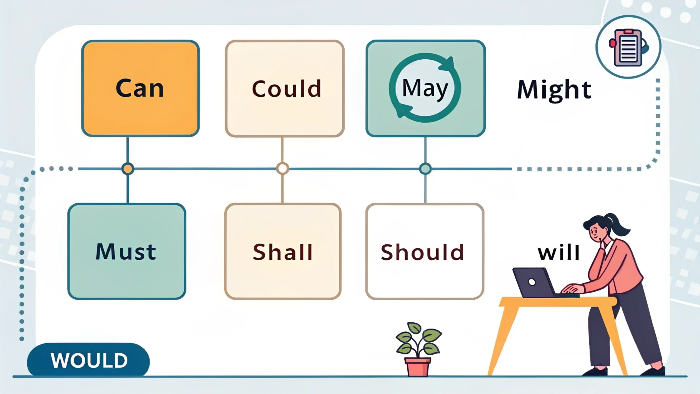
Now, let’s test your understanding of modal verbs. Fill in the blanks with the correct modal verb.
You _______ (can) go to the concert if you finish your homework.
I _______ (must) attend the meeting tomorrow.
_______ (may) I borrow your book?
He _______ (should) be here by now.
If I had more time, I _______ (would) help you with your project.
Answers
can
must
May
should
would
Conclusion: Mastering Modal Verbs for Better English
Modal verbs are vital for expressing a wide range of ideas in English, from asking for permission to making predictions.
By practicing their correct use, you’ll significantly improve your communication skills and sound more natural in both written and spoken English.
See also:
Easy Grammar Quiz: Test Your English Skills
Boost your vocabulary skills with challenging quizzes

